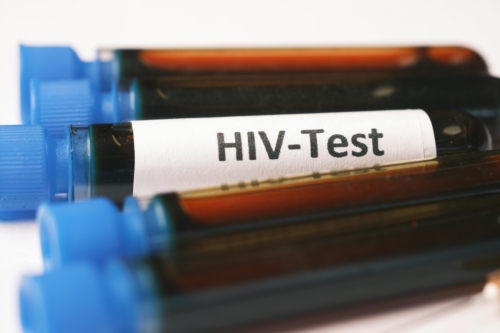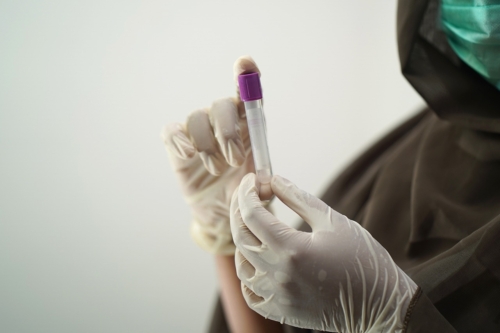The Court of Ziguinchor sentences sex worker for HIV transmission
On 03 October 2017, the Gendarmerie of Bignona was informed by telephone by persons wishing to remain anonymous that a sex worker was knowingly transmitting HIV to persons with whom she was having unprotected sex, even though she was aware of her positive serological status. The ensuing investigation found that she had known her seropositivity since 7 May 2012 before becoming a prostitute in 2016, despite being married to a man living in Dakar; that with regard to the risk she poses to the men with whom she has unprotected sex, she maintained that she never has unprotected sex; she also denied having had any sexual relationship with the complainant.
Her medical file by her attending physician showed a regular follow-up; that in conclusion of the sample taken on her on March 7, 2017, it was found that her plasma viral load was undetectable; The attending physician testifying during her trial suggested that it was impossible for her, in the absence of any sexual infection, to transmit HIV; that in his view, such a good viral load result could only have been obtained by her regular use of the antiretroviral drugs made available to her.
The defendant’s counsel argued in their pleadings that the voluntary transmission of HIV made an offence by Law 2010-03 of 9 April 2010 on HIV/AIDS requires that the accused person have a guilty mind which, in this case, is lacking; In addition, according to them, the proceedings against their client are unfounded since, under the terms of Article 36 in fine of the aforementioned law, no one can be judged or prosecuted for transmission of HIV, when, living with HIV, the person has practiced safe sex through the use of condoms; their client having maintained that she has always maintained protected sexual relations, they have, therefore, as a principal claim, requested that she be discharged outright and, as a subsidiary claim, that she be discharged with the benefit of the doubt.
However, the court found that there could hardly be any doubt about the reality of the two unprotected sexual relationships and that her status as a sex worker was sufficient to support the version of the facts denied with aplomb.
They also found that her knowledge of her positive serological status and of the modes of transmission of HIV, that the intention to transmit could be deduced from the circumstances of the case, and did not recognise that her undetectable viral load was sufficient to attenuate her criminal responsibility; that in fact, even in this hypothesis, transmission of HIV remained possible; that in the end, the constituent elements of the offence charged being established, it was appropriate to declare her guilty and to sentence her to two years’ imprisonment suspended.




